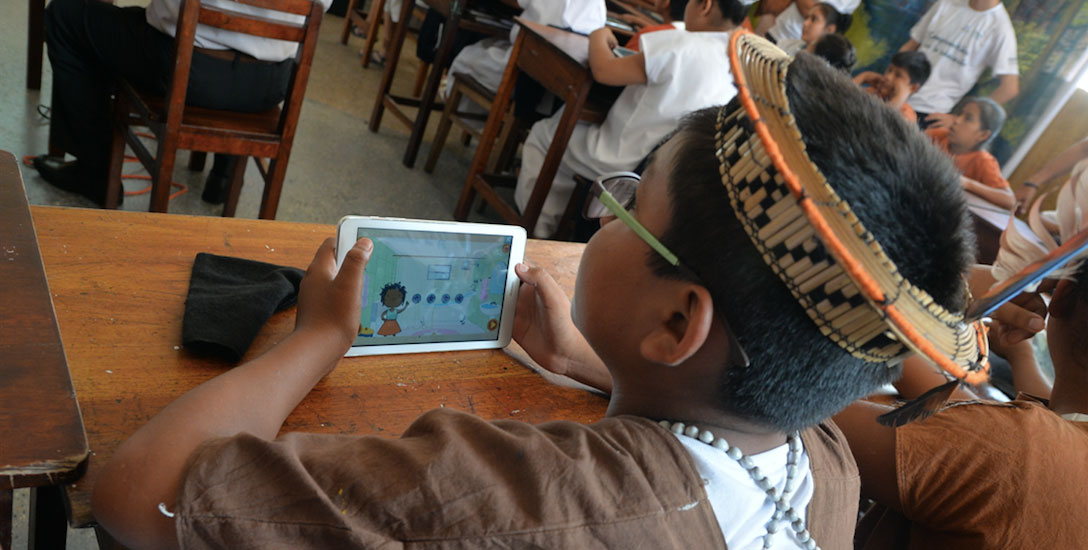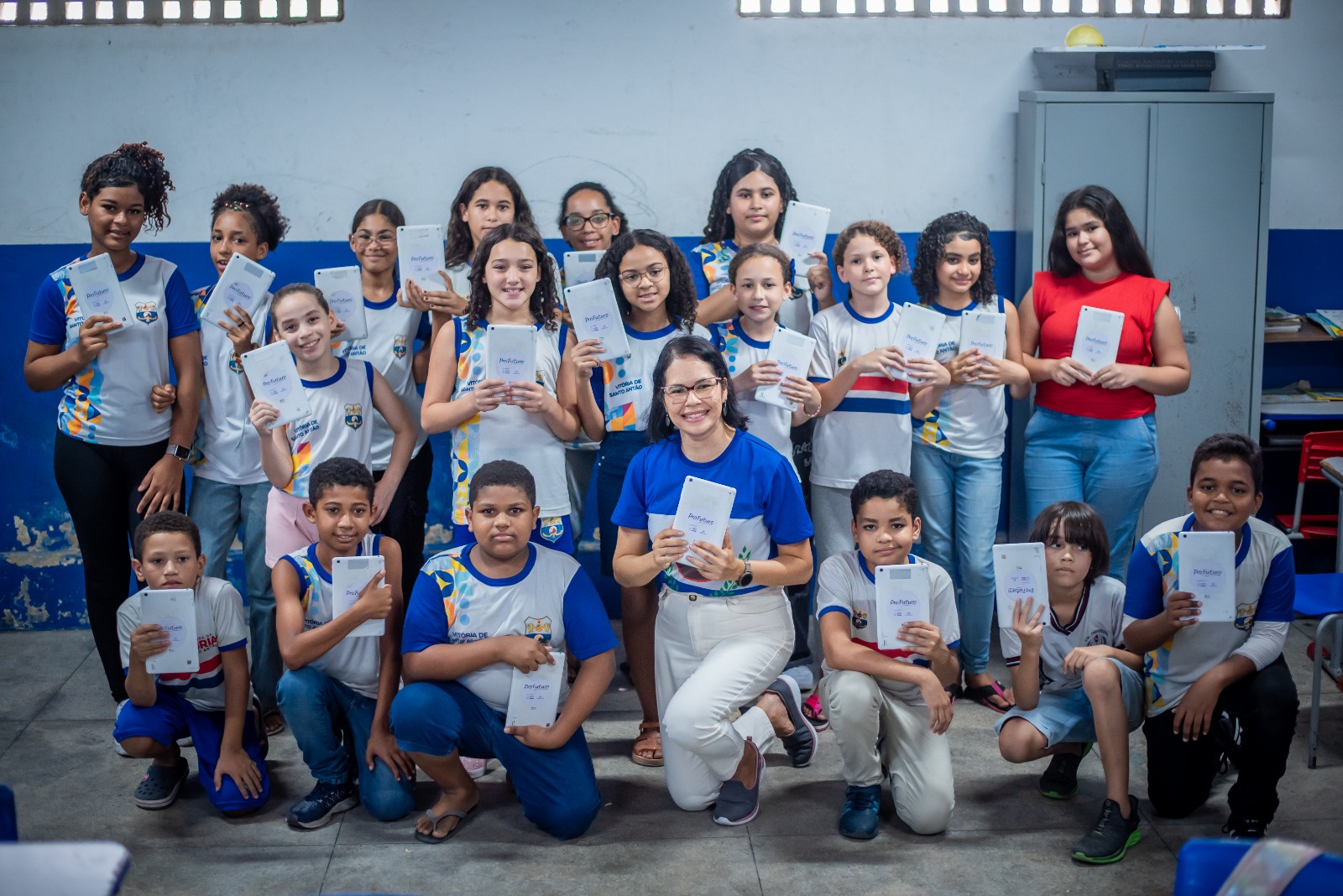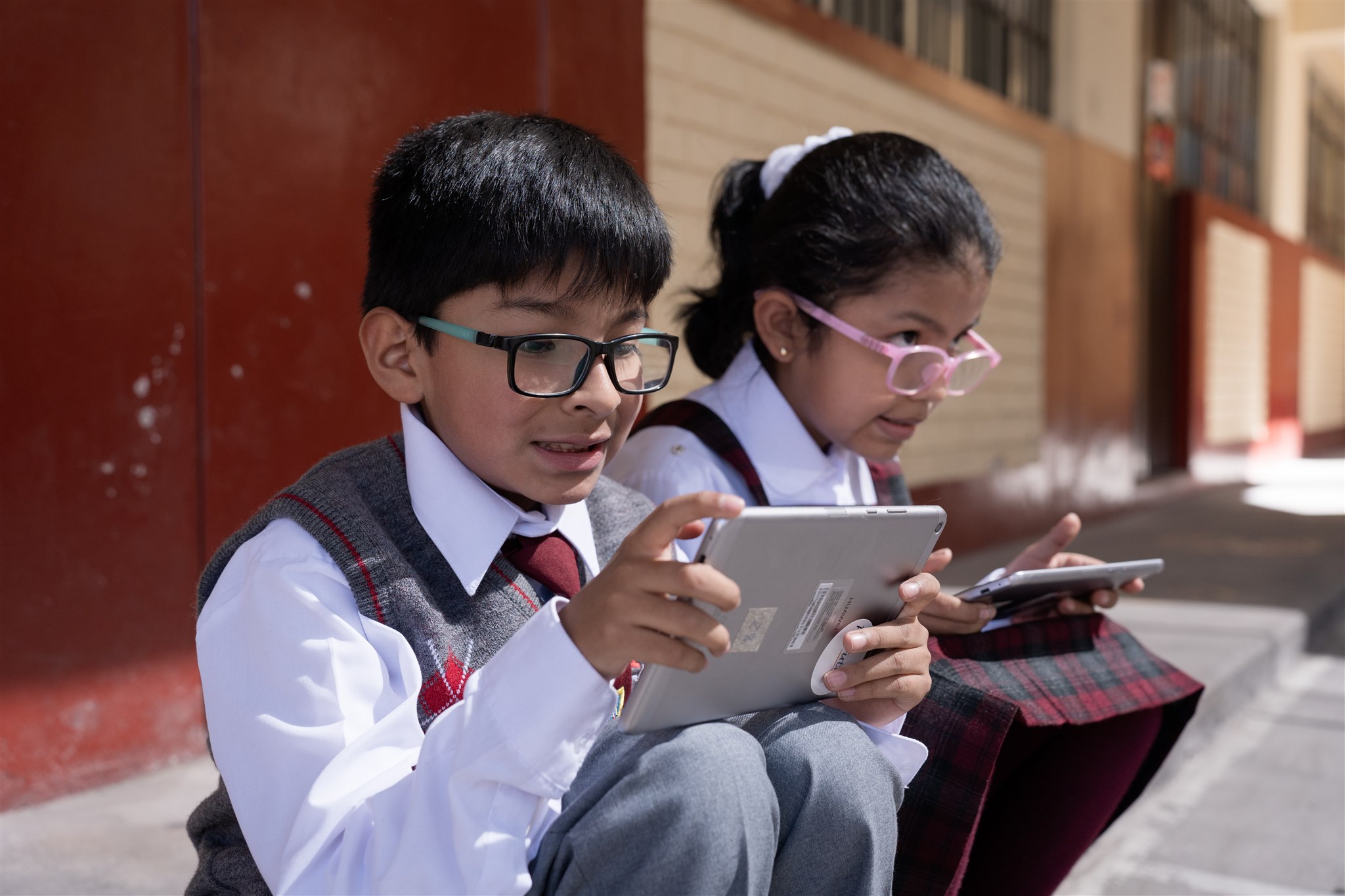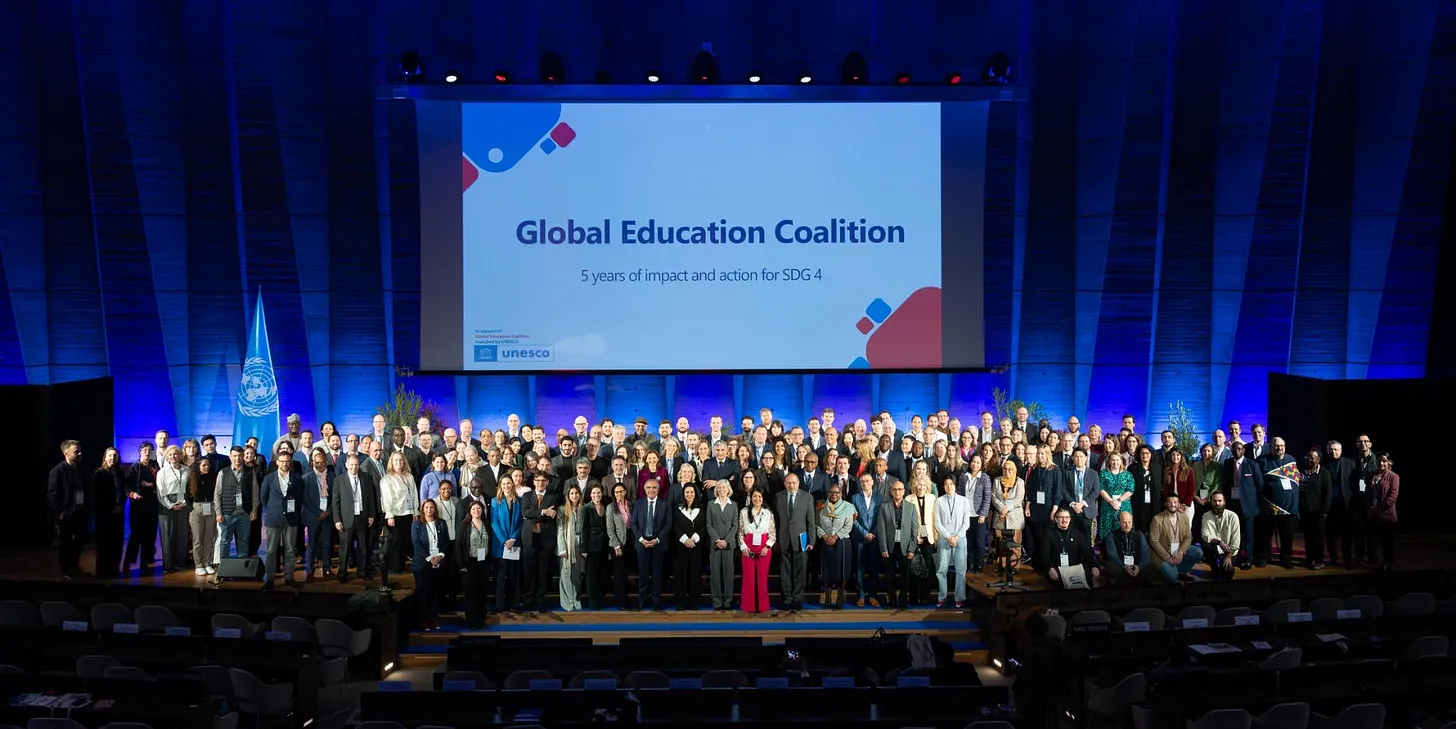
The mission of the ProFuturo Observatory is to address the most relevant questions about digital education in vulnerable environments of developing countries. ‘Retos’ [“Challenges”] is a publication that brings together the main lines, trends and conclusions about the subjects discussed in the Observatory. The purpose is to take a hard look at these subjects, consequently generating knowledge and disseminating it among the education community. We analyse sustainable social development in the third issue of this publication (which can be downloaded in PDF).
Sustainable Development Goal 4 (SDG 4), to which ProFuturo is committed, defends the idea that all boys and girls, regardless of their context or situation, should have access to quality education. From its experience, ProFuturo understands that to reach this goal there must be a commitment to inclusive and personalized digital learning.
The ProFuturo Observatory has conducted research on initiatives that tackle the following challenges due to their importance in achieving inclusion and personalization:
Social entrepreneurship through education.
Education in remote geographic areas.
Continuity in the learning of refugee girls and boys.
The new edition of Retos analyses how social entrepreneurship through education is becoming an approach that has an impact on a society’s development by resolving real social issues.
Social entrepreneurship in education, focused on contexts of vulnerability, offers alternatives to the formal education system. Its main objective is to prepare new generations from the point of view of social awareness, thereby turning them into active agents within their own communities.
Education as a weapon of social justice endeavours to facilitate access and guarantee the basic right to a decent education in even the farthest corners of the planet. Special attention must be given to the role played by technology as a facilitator of the universalization of education in the most disconnected regions of society, which is experiencing an era characterized by near complete globalization.

A basic right or a privilege?
In this issue you’ll also find an analysis of the UNHCR’s report, “Turn the Tide: Refugee Education in Crisis”, which was published on 29 August 2018 and points out that four million refugee girls and boys are not in school.
At the end of 2017, the refugee figure amounted to over 25.4 million throughout world. 52% –over half– were boys and girls, and 7.4 million of those were of school age. From a global perspective, only 61% of them have access to primary education, compared to 92% who have access in the whole world.
Education is a basic right, but in the case of these youths, it is more like a privilege. Numerous initiatives are attempting to cover this educational urgency, with ProFuturo among them. Through ProFuturo’s proposal of digital education, it has joined the fight to ensure the educational continuity of refugee communities, exemplified by the recent agreement signed with the Education Cannot Wait fund.





